North Korea slams new-US-led sanctions monitoring team as ‘unlawful’
North Korea’s Foreign Minister has denounced a newly established multilateral sanctions monitoring team, led by the United States, as “completely unlawful and illegitimate,” according to a report by the Korean media on Sunday.
The United States, South Korea, and Japan on Wednesday unveiled the new multinational team after Russia in March rejected the annual renewal of a UN panel that monitored the implementation of sanctions on North Korea’s nuclear and missile programs for fifteen years.
China, which serves as North Korea’s primary ally and economic lifeline, chose to abstain from the vote.
“The forces involved in the smear campaign against the DPRK will have to pay a dear price for it,” KCNA quoted Choe Son-hui as saying using the country’s official name, the Democratic People’s Republic of Korea (DPRK).
She called the move “the most undisguised violation” of North Korea’s sovereignty.
Washington has been strengthening its security cooperation with key regional allies, South Korea and Japan, increasing US military presence and war games in the Korean Peninsula.
North Korea views these actions as a provocation and an attempt to intimidate and contain it.
The intensification of joint military exercises and the deployment of advanced weapons systems in the region are seen by Pyongyang as evidence of Washington’s aggressive stance and a rehearsal for potential strikes against North Korea.
North Korea considers its nuclear program as a vital deterrent against external aggression and a means to ensure its survival amidst a hostile environment.
In recent years, North Korea has stepped up its nuclear and missile development program while deepening its relations with Russia.
North Korea’s relationship with Russia is characterized by shared strategic interests and mutual opposition to the United States’ global influence.
Pyongyang views Russia as a valuable ally in its quest for security and development, as both countries have faced economic sanctions and political isolation due to their defiance of US-imposed international norms.
North Korea views the US as a hostile imperial power that seeks to undermine its sovereignty and security. This view aligns with Russia’s grievances against the US-led world order.
The two countries have often joined forces in opposing US-sponsored resolutions at the United Nations and engaging in joint military exercises.
Moreover, Russia’s support for North Korea’s economic development, including infrastructure projects and energy cooperation, is seen by Pyongyang as crucial in circumventing the impact of international sanctions.
In return, North Korea provides Russia with a reliable partner in the Asia-Pacific region, contributing to Moscow’s efforts to counterbalance US alliances in the area.
The China-North Korea relationship is also marked by the shared goal of countering US influence in the region.
To this date, China remains North Korea’s biggest trading partner and main aid provider amid the West’s sanctions.
China's support for Pyongyang reflects its desire to maintain regional stability while minimizing the risk of a North Korean collapse that could result in a flood of refugees and a US-allied Korea on its border.
Chinese President Xi Jinping said he was willing to lead friendship and cooperation with North Korea to “sustainable and stable development” and contribute to “safeguarding regional and global peace,” North Korean state media reported on Sunday.
Press TV’s website can also be accessed at the following alternate addresses:
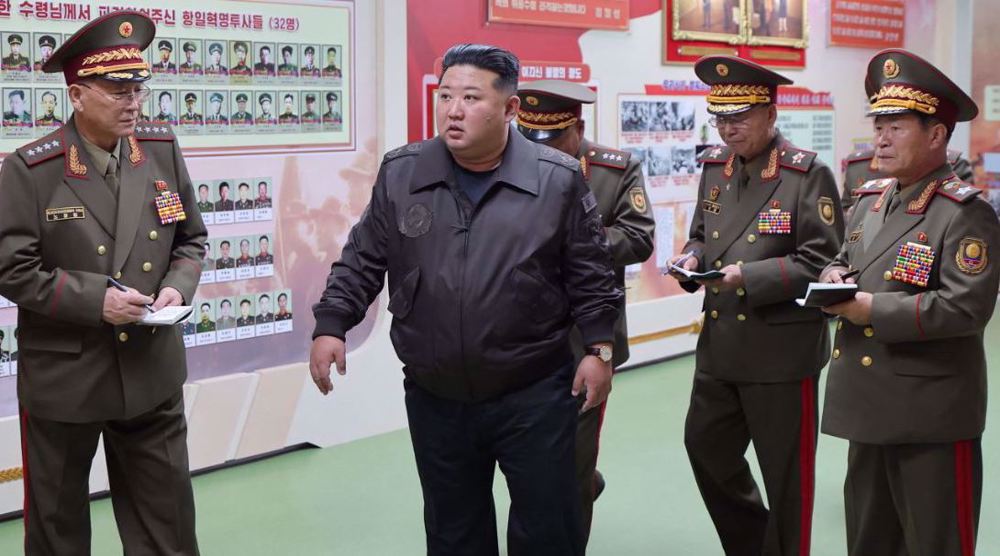

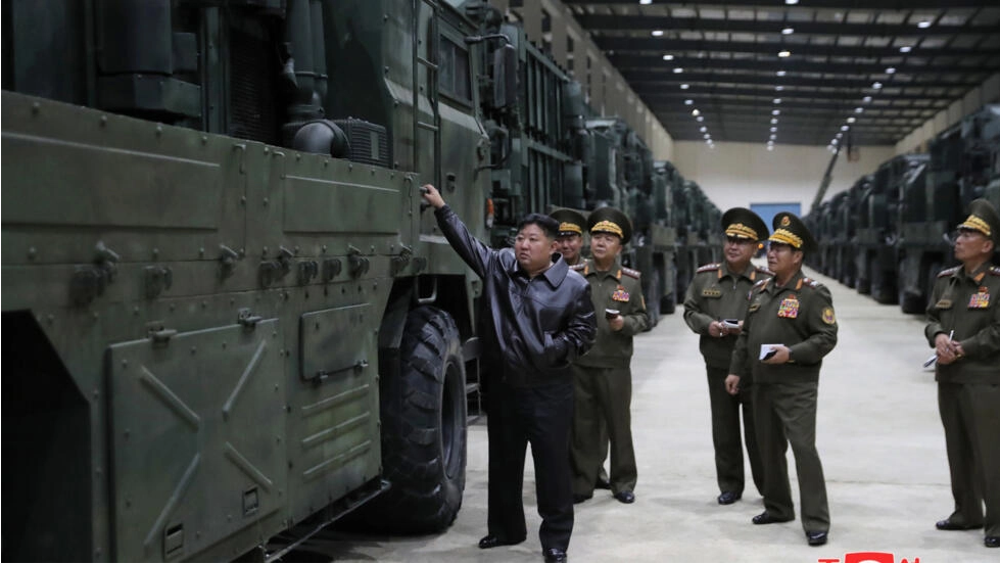
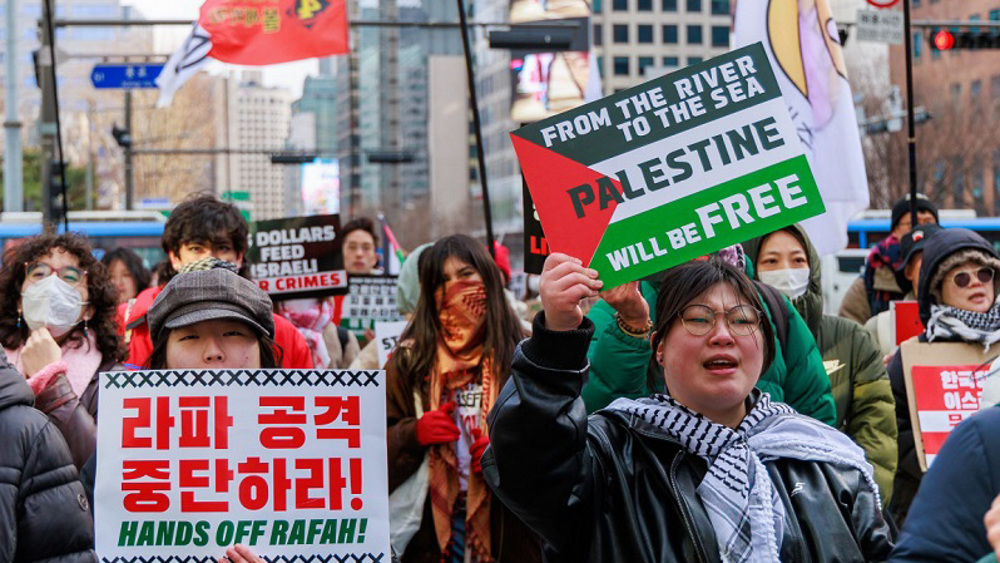
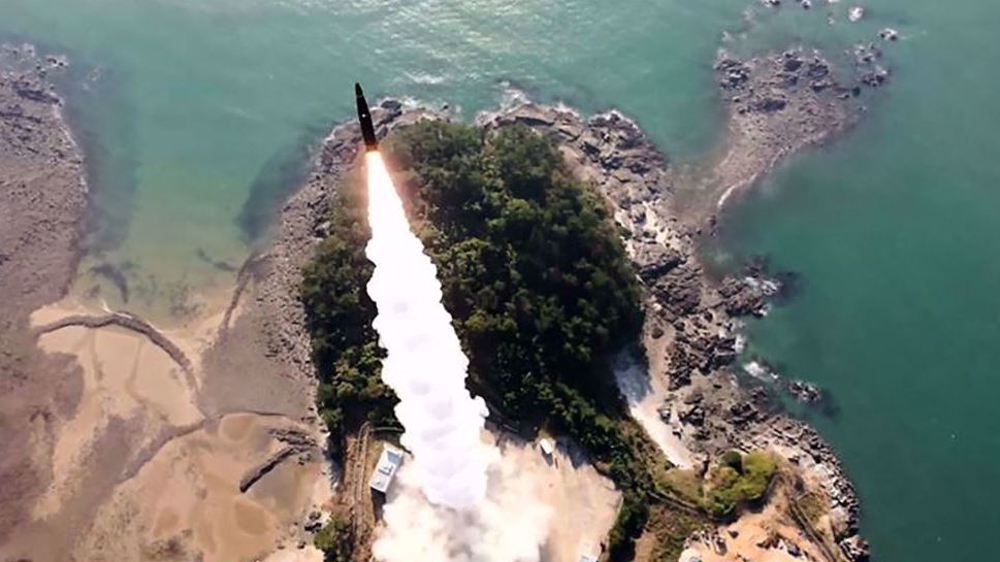
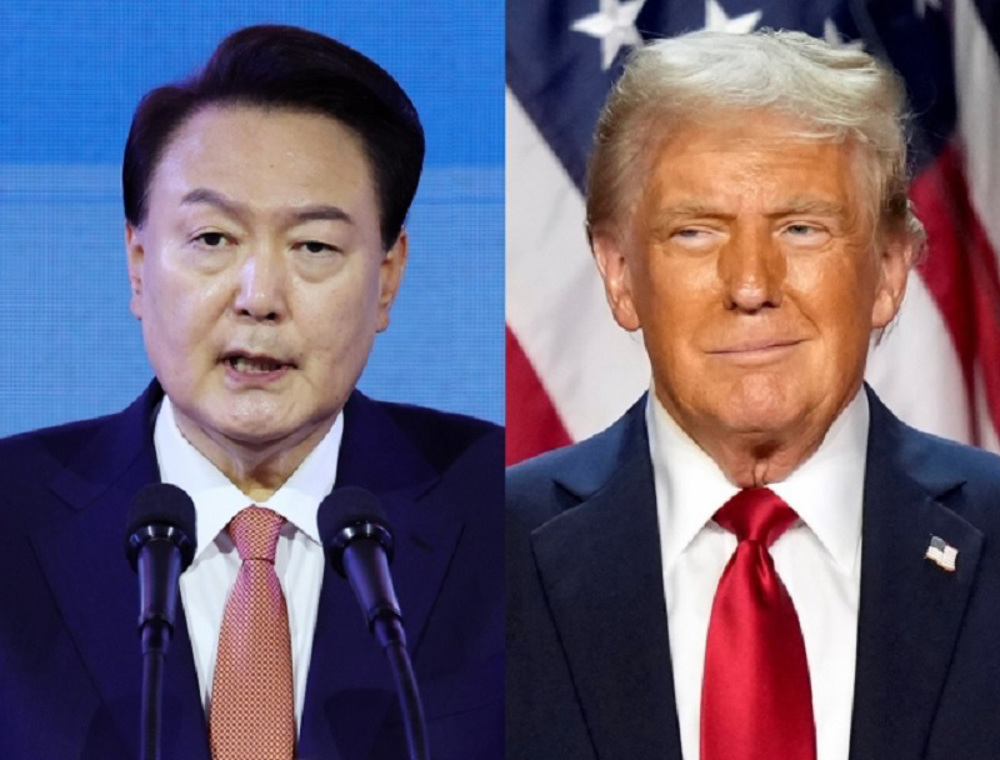



 This makes it easy to access the Press TV website
This makes it easy to access the Press TV website